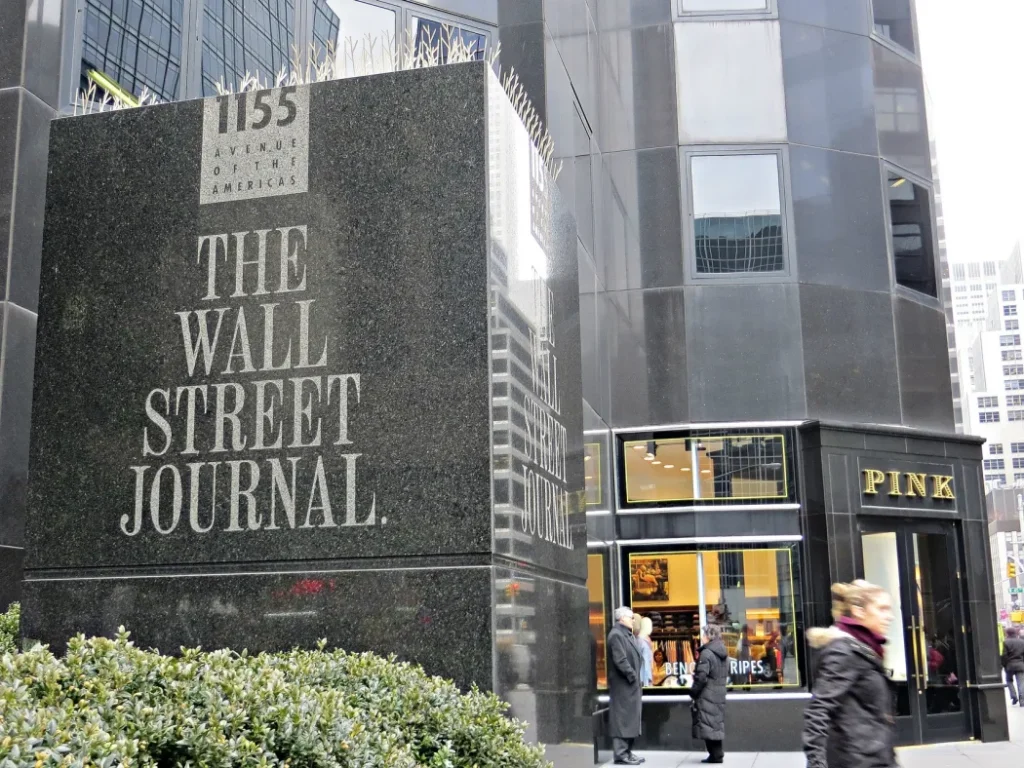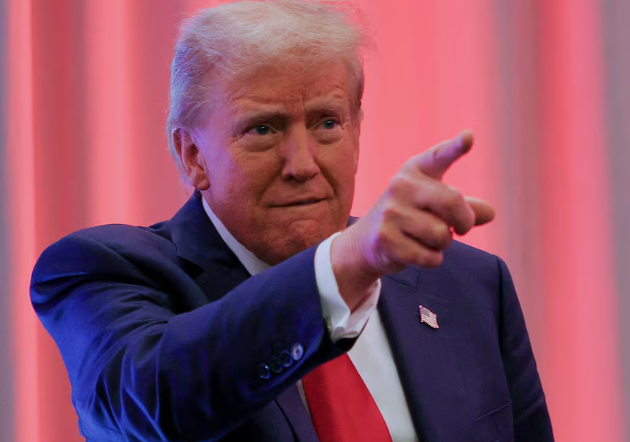U.S. President Donald J. Trump is once again threatening legal action—this time against The Wall Street Journal—as controversy brews over a resurfaced connection to Jeffrey Epstein and the abrupt closure of a high-profile federal investigation.
Here’s what legal observers need to know.
Why Is Trump Threatening to Sue?
On Friday, Trump announced he would sue The Wall Street Journal over a report alleging he once wrote a sexually suggestive birthday note to Jeffrey Epstein in 2003.
The article, published Thursday, claimed the former president included a lewd drawing in a letter to the convicted sex offender, who died in federal custody in 2019.
Trump, responding via Truth Social, called the report “a total fabrication” and vowed legal retaliation. He also accused the Journal and its owner Rupert Murdoch of relying on false sources and pledged to hold the press accountable, citing his past lawsuits against media outlets including ABC News and CBS’s 60 Minutes.
Why This Lawsuit Threat Matters

Trump’s legal threats come during heightened scrutiny over the Epstein case, particularly as his own administration recently closed it after pledging transparency.
The Department of Justice and FBI initially released what was labeled the “first phase of declassified Epstein files,” mostly consisting of documents already publicly available. However, the promised follow-up release was suddenly canceled.
The DOJ stated that an “exhaustive review” yielded no more material suitable for public release. That decision drew backlash—not just from Democrats and journalists but from Trump’s own voter base, many of whom supported him for his anti-corruption platform.
According to a Reuters/Ipsos poll, nearly two-thirds of Republicans believe the Trump administration is now withholding key information about Epstein.
What Were Trump’s Prior Statements on Epstein Files?
During his 2024 campaign, Trump repeatedly promised full transparency around Epstein and his alleged network of powerful co-conspirators.
Upon taking office, Attorney General Pamela Bondi and FBI Director Kash Patel reinforced that pledge, stating there would be “no stone left unturned.”
That pledge appears to have been reversed, fueling speculation, conspiracy theories, and legal demands for accountability.
Could This Lawsuit Actually Happen?
Trump has a history of suing media outlets, though few have resulted in favorable rulings. Legal experts point out that defamation cases by public figures are notoriously difficult to win under the “actual malice” standard established in New York Times Co. v. Sullivan (376 U.S. 254).
To succeed, Trump would need to prove the Wall Street Journal knowingly published false information or acted with reckless disregard for the truth. Unless the report can be proven to be intentionally false or malicious, the lawsuit is unlikely to prevail.
Still, legal scholars warn that repeated litigation against the press by high-profile political figures could have a chilling effect on investigative journalism and raise First Amendment concerns.
What’s Next for the Epstein Case?
Despite the closure of the case by the FBI and DOJ, victims’ advocates and watchdog groups continue to push for the full release of Epstein-related files. Civil litigation against Epstein’s estate and associates is ongoing, and calls for independent investigation have grown louder.
Congressional oversight or further FOIA requests could potentially reopen public access to sealed or redacted information—but without political will, the matter could remain closed indefinitely.
Bottom Line
Trump’s threatened lawsuit against The Wall Street Journal is part of a larger legal and political clash over press freedom, transparency, and the still-unresolved Epstein saga.
As former allies and opponents alike question his administration’s abrupt case closure, Trump’s legal rhetoric continues to spark concern over constitutional protections and public accountability.

